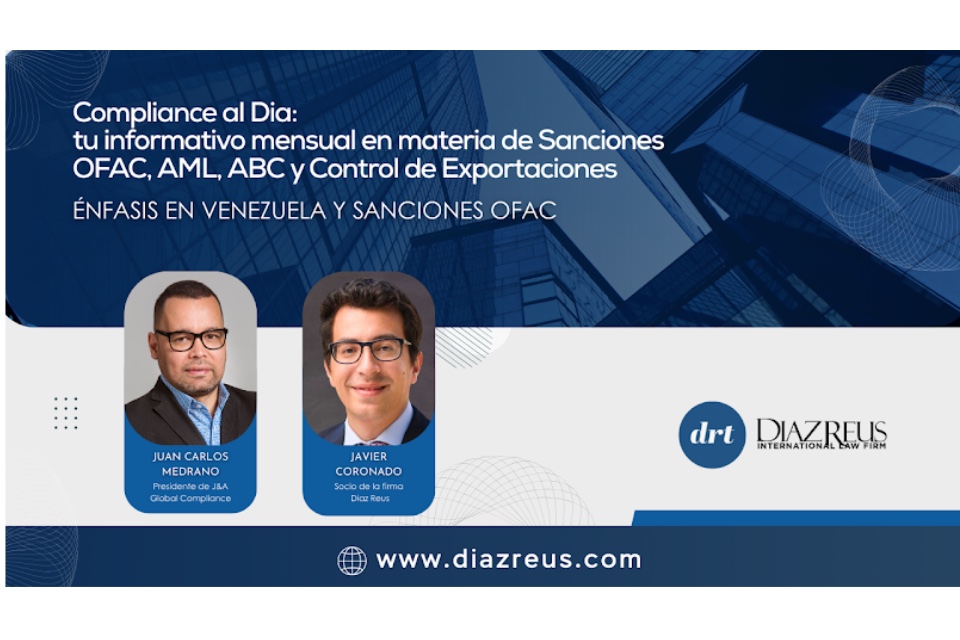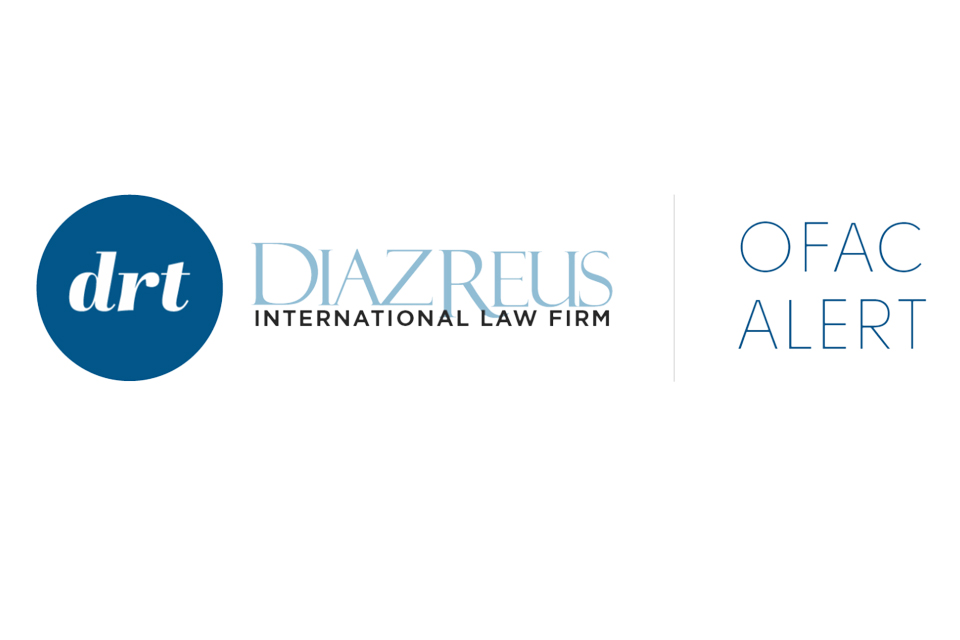The Alien Tort Statute (“ATS”) permits federal courts in the United States to hear cases brought by foreign citizens pertaining to conduct committed outside of the United States. Courts are currently split over the issue of whether corporations may be sued under the ATS in U.S. federal courts based on conduct that occurs in other countries. In Baloco v. Drummond Co., the Eleventh Circuit determined that the plaintiffs had standing to sue the corporate defendants in federal court. On the other hand, the Second Circuit’s ruling in Kiobel v. Royal Dutch Petroleum Co., flatly rejected the notion that corporations can be amenable to suit in U.S. courts under customary international law. This circuit split raises the substantial possibility of future Supreme Court review. Unless and until that occurs, forum shopping will likely to be prevalent, as plaintiffs may seek to avoid the Second Circuit in choosing where to bring suit.
This year could mark the death knell for corporate application of the Alien Tort Statute. Despite its enactment as part of the Judiciary Act of 1789, the little-known Alien Tort Statute (ATS) has recently become a topic of increasingly heated discussion. The statute allows foreigners to sue in U.S. federal courts for a violation of international law. The ATS is unique to the U.S. in that no other law opens a nation’s court system to the world like it does. Usage of the ATS gained popularity in the 1980s when plaintiffs employed the statute to bring suit against individuals alleging war crimes and other crimes against humanity. It was in 1997 that plaintiffs began using ATS to sue corporate defendants who allegedly engaged in such crimes. However, it was not until 2004 that the U.S. Supreme Court determined that the ATS was purely jurisdictional in nature. Courts have never, however, been confronted with the issue of whether the ATS is applicable to corporations – that is, possibly, until now. The plaintiffs in a case that originated in the Southern District of New York, Kiobel, et al. v. Royal Dutch Petroleum Co., have posed the following question to the Supreme Court: “Whether corporations are immune from tort liability for violations of the law of nations such as torture, extrajudicial executions or genocide . . . or if corporations may be sued in the same manner as any other private party defendant under the ATS for such egregious violations . . .”
Tread Lightly
Currently, the federal courts are split over whether a corporation can be held liable for torts committed in foreign countries. For example, district courts in the Eleventh Circuit have held corporations liable under the ATS. Such a stance has made those courts a haven for cases against corporations that have allegedly aided and abetted human rights violations. For instance, the Eleventh Circuit recently reversed a district court in Alabama’s dismissal of a suit brought under the ATS. In Baloco, et al. v. Drummond Co., Inc., et al., the plaintiffs, children of three former union leaders who were killed by the United Self-Defense Force of Colombia (“AUC”), alleged that Drummond Company had hired the AUC to carry out the murders to end the negotiations between the union and the company. The Eleventh Circuit determined that the children had standing to sue the corporate defendants. Similarly, the Middle District of Florida has permitted suits against corporations under the ATS. Currently, there is a suit pending against China-based BGP Inc by Keith Stansell, Marc Gonalves, and Thomas Howell, who were kidnapped by the members of the Revolutionary Forces of Colombia (“FARC”). The plaintiffs claim that the corporate defendants made monetary contributions to FARC to prolong their detention.
Similarly, the Northern District of Illinois has maintained jurisdiction over corporate defendants sued under the ATS. That court recently denied motions to dismiss filed by multiple banks in Holocaust Victims of Bank Theft v. Magyar Nemzeti Bank, et al. The plaintiffs in that case contend that the numerous banks assisted in an elaborate scheme against victims of the Holocaust.
The Untouchables
On the other hand, the Second Circuit has determined that drafters of the Judiciary Act of 1789 did not intend for the ATS to apply to corporate actions. In Kiobel v. Royal Dutch Petroleum Co., the case that could potentially go before the U.S. Supreme Court under the ATS, the Second Circuit affirmed the district court’s dismissal of the suit. The appellate court reasoned that because “customary international law has steadfastly rejected the notion of corporate liability for international crimes, and no international tribunal has ever held a corporation liable for a violation of the law of nations[,]” the ATS does not provide for jurisdiction over corporations. The Second Circuit determined that the ATS has its roots in comity. Because corporations are not liable under international laws for torts such as genocide and torture, the Court would not fashion new norms of customary international law.
In a similar vein, last year, the United States District Court for the Southern District of Indiana refused to apply the ATS to corporate defendants. The plaintiffs in Flomo v. Firestone Natural Rubber Co. are Liberian children who claimed that the company forced them into child labor. The court determined that application of the ATS to corporate acts was a policy decision and better left for Congress. The court agreed with the reasoning of the Second Circuit in Kiobel.
Potential Ramifications
If the Supreme Court does grant certiorari to the Kiobel plaintiffs, and if the Supreme Court determines that corporations cannot be held liable under the Alien Tort Statute, courts will be required to dismiss a number of cases seeking judgments against corporations for their participation in crimes against humanity. Yet, where does that leave victims who have suffered at the hand of corporations where the corporations admitted to such complicity? Arguably, the plaintiffs in Doe v. Chiquita Brands International, Colombian families who sued Chiquita for funding murders, would never have obtained a judgment, despite an admission by the corporation that it employed the AUC to protect its workers in Colombia.













